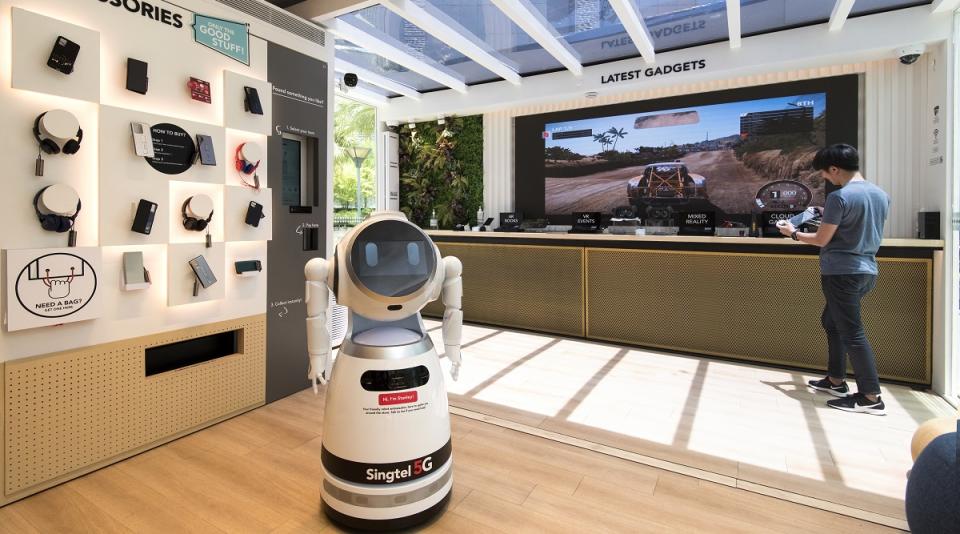Singtel is the 'most robust' telco in the region: Maybank

Maybank has a 'buy' and $3.10 target price on Singtel, as its outlook seems rosy.
Maybank Securities is keeping its “buy” recommendation on Singapore Telecommunications Z74 (Singtel) with an unchanged target price of $3.10 as analyst Kelvin Tan view Singtel as the “most robust telco in the region”.
“Singtel is Asia's leading communications technology group, operating in a dynamic region that is undergoing rapid and unprecedented digital transformation,” notes Tan, as he believes that the group is making significant strides in restructuring the entire group, monetising assets and shedding unprofitable entities.
The company operates through Australia Optus (about 50% of total revenue), Digital InfraCo (3%), NCS (20%) and Singapore Singtel (27%).
In the upcoming FY2024 ending March 2024, Tan expects core FDEPS growth of 17%, due to two key drivers: Optus’ increased tariffs of legacy mobile plans and fixed-broadband plans; and Telstra, Optus’ key competitor, has raised its mainstream postpaid plans, leading the analyst to expect Optus to follow suit in the next few months.
Meanwhile, Singtel’s management is committed to improve ROIC to low double-digits by FY2026. Tan notes that his is closely tied to share price performance. The group intends to do so by: increasing cost synergies, particularly from the recent consolidation of its enterprise and consumer businesses at both Singtel and Optus; reducing its capital intensity further; leveraging on positive price momentum in Airtel to increase average revenue per user (ARPU); and unlocking value from asset recycling and capital partnerships to fund growth investments.
On that note, Singtel expects to recycle up to $6 billion in capital to fund its growth engines (data centre, GXS and NCS).
The group will receive $1.1 billion in cash proceeds within three years from selling 20% of its regional data centre business to KKR, and $800 million net proceeds from the Comcentre development in FY2025. This would leave Singtel with $4 billion in capital recycling likely from paring down stakes in regional associates (valued at $49 billion) in the medium term.
Coupled with a programme to reduce indirect costs by 15% within three years, Tan thinks excess cash may help the group reach the higher end of its 70-90% underlying PATMI dividend pay-out ratio policy.
While Tan is overall positive on Singtel, he remains to have concerns about the competitive landscape in Australia and foreign exchange headwinds that may impact underlying profits remain.
As at 3.10pm, shares in Singtel are trading 1.26% higher at $2.41.
See Also:
Click here to stay updated with the Latest Business & Investment News in Singapore
Banks, industrials, tech and telcos to benefit from adoption of GenAI: Maybank
Brokers' Digest: Hyphens Pharma, iFast Corporation, Netlink, RE&S Holdings, Frencken
Get in-depth insights from our expert contributors, and dive into financial and economic trends

 Yahoo Finance
Yahoo Finance 